When it comes to supplying bamboo fiber quilts for the B2B sector, one of the most valuable strategies manufacturers can offer is flexibility in customization. Different markets and industries—from large-scale retailers to boutique bedding brands—require more than just a standard product. They need bedding solutions tailored to their audience’s expectations, regional standards, and branding needs. This is where customization becomes not just an added feature, but a core value proposition in the bamboo quilt business.
Custom sizing is often the starting point for many B2B buyers. International markets operate with different bedding dimensions—what fits a queen bed in the US may not align with European or Asian sizing norms. Being able to offer bamboo fiber quilts in precise custom sizes gives clients a competitive edge in their local markets and eliminates inventory mismatch issues. For hotel groups or hospitality suppliers, standardized sizing across properties is often a non-negotiable requirement, making this level of production control critical.
Beyond size, the composition of the quilt itself offers a rich area for customization. Some clients prefer 100% bamboo fiber filling for maximum softness and breathability, while others may seek a bamboo-synthetic blend for enhanced durability or specific thermal performance. Adjusting the GSM (grams per square meter) from 200 to 400 allows for fine-tuning warmth levels depending on climate or seasonal use. For instance, a light 200gsm quilt might be ideal for tropical markets, while a denser 400gsm blend could serve well in colder regions or luxury winter collections.
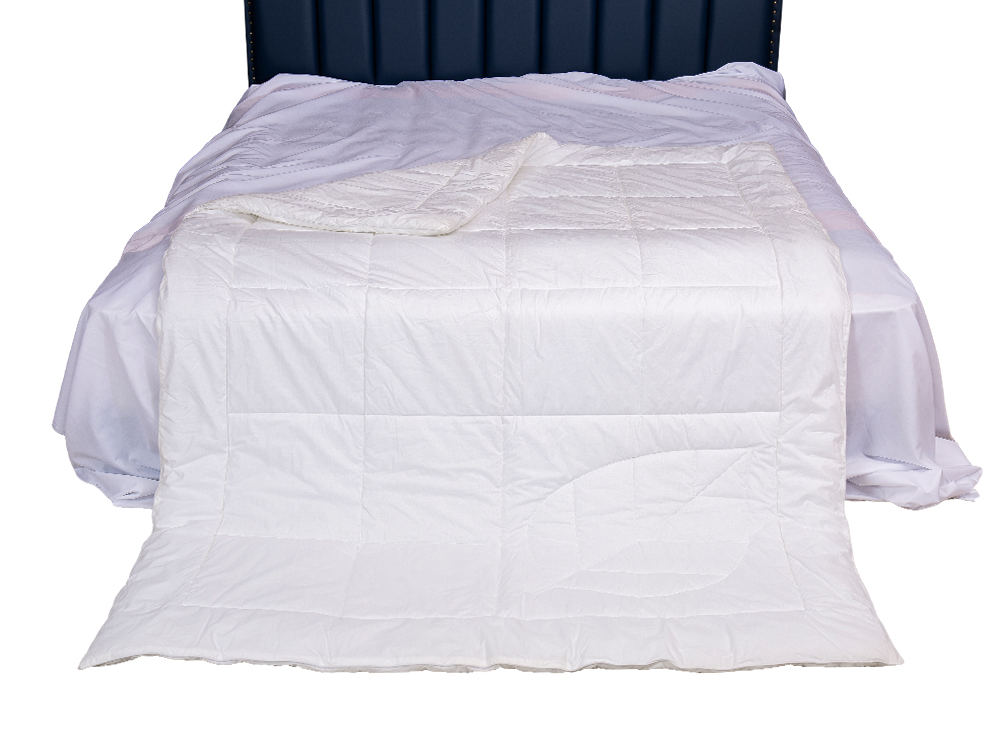
Fabric selection also plays a decisive role in product positioning. Cotton fabric offers a natural, breathable surface that pairs well with the eco-friendly messaging of bamboo fiber quilts, while polyester can provide greater wrinkle resistance and cost efficiency for more value-focused applications. The outer fabric choice can impact not only the comfort and performance of the quilt but also its visual appeal—important for retail buyers and hospitality clients looking to maintain a consistent aesthetic in their offerings.
Brand identity is another area where custom options matter. Many B2B clients are increasingly looking to add their own logos, labels, or design elements to differentiate their products in a competitive market. Offering services like embroidered branding, custom color trims, or personalized packaging solutions—such as printed PVC handle bags or eco-friendly wraps—can significantly elevate the perceived value of the quilt. These touches are particularly important for private-label brands aiming to create a strong presence in the home textile segment.
From a manufacturing standpoint, meeting these customization needs efficiently requires a flexible production process and solid supply chain management. It’s not just about offering options, but delivering them reliably at scale. Having standardized internal protocols for handling custom orders, quality control checkpoints for non-standard sizes or blends, and clear communication channels with buyers helps ensure consistent product quality and customer satisfaction. After all, B2B buyers are not just purchasing quilts—they’re investing in a supplier relationship that supports their business goals.
Ultimately, the ability to tailor bamboo fiber quilts for different usage scenarios, market preferences, and brand requirements is what sets leading manufacturers apart. In a market where end consumers are increasingly aware of material quality and product performance, offering well-customized quilts allows B2B buyers to stay ahead of demand trends. It’s a smart, scalable way to turn a high-quality product into a versatile, market-ready solution.





 Français
Français Español
Español Deutsch
Deutsch
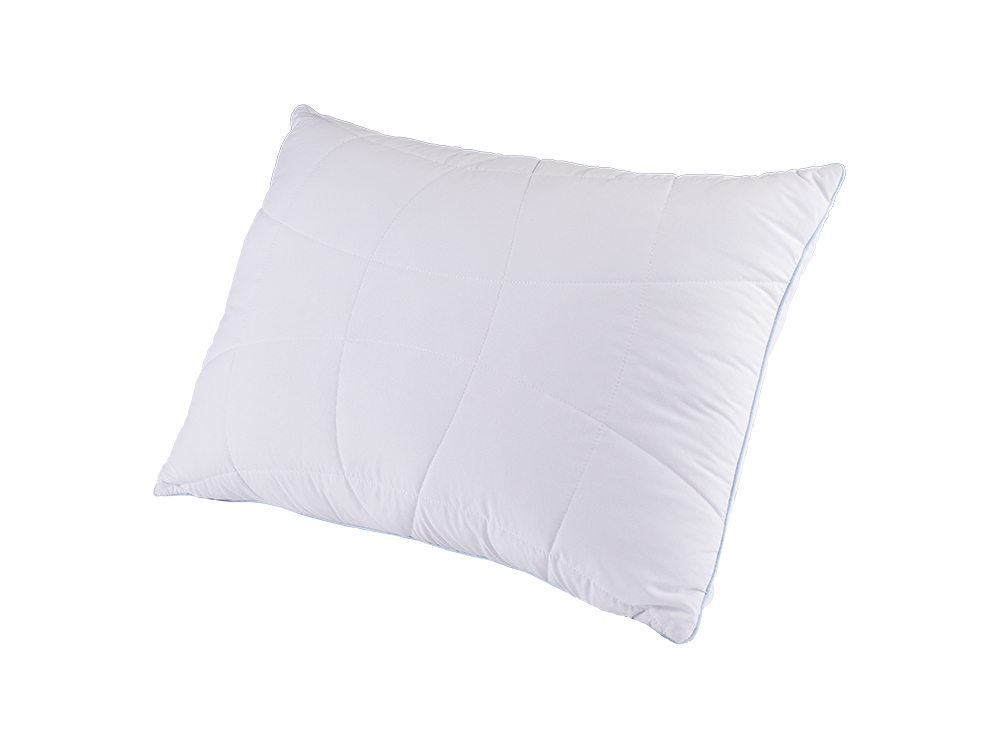
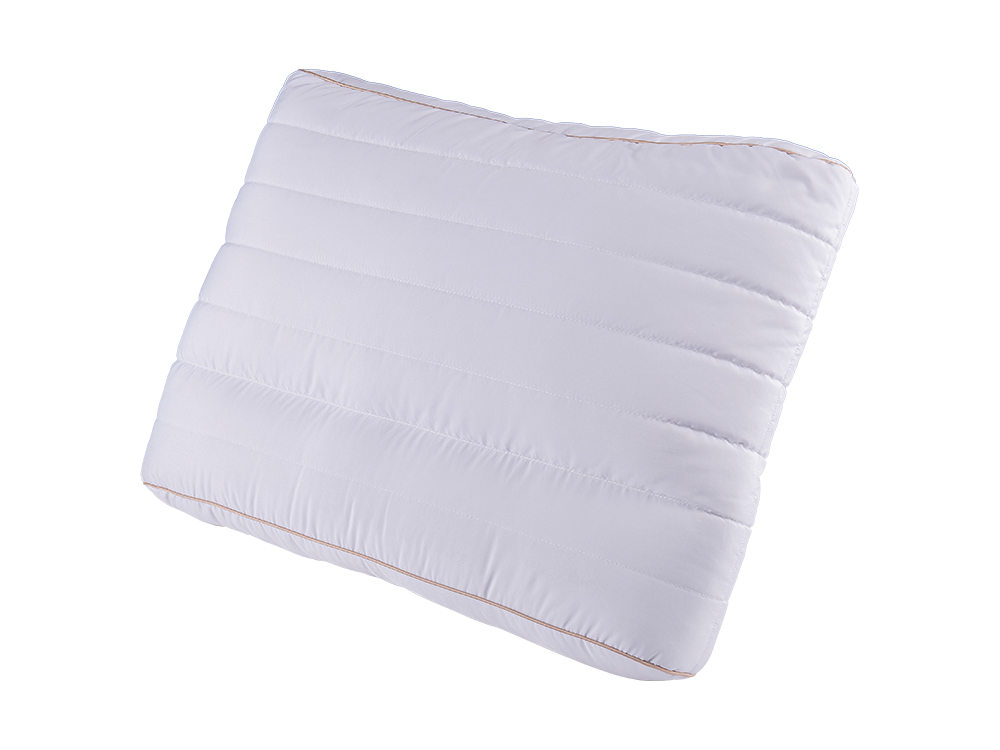
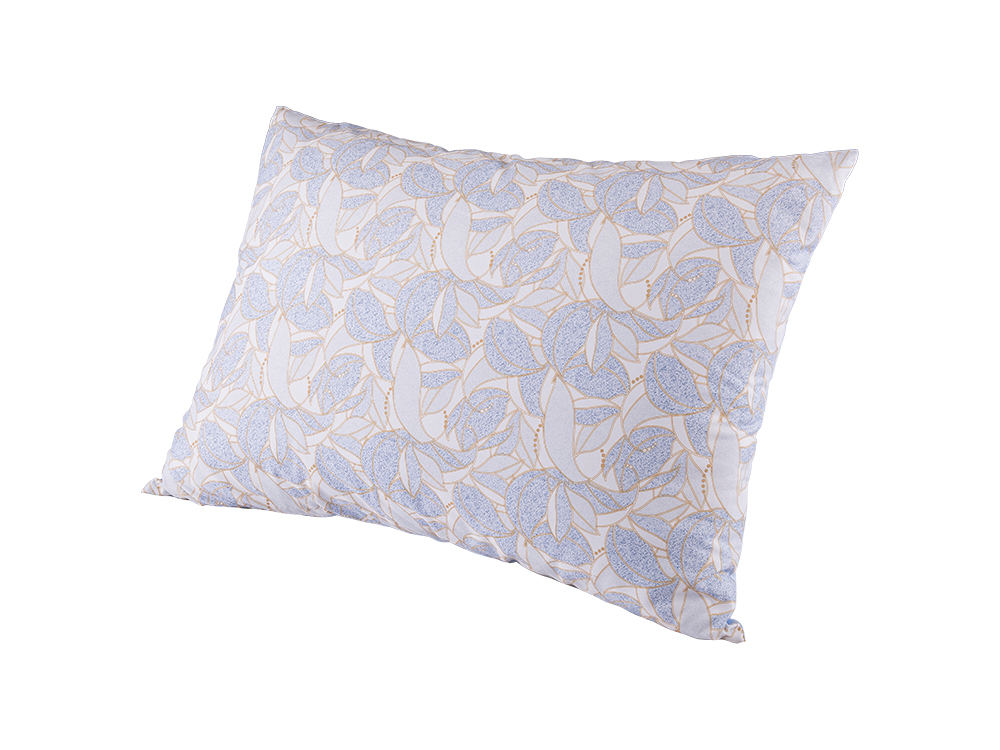
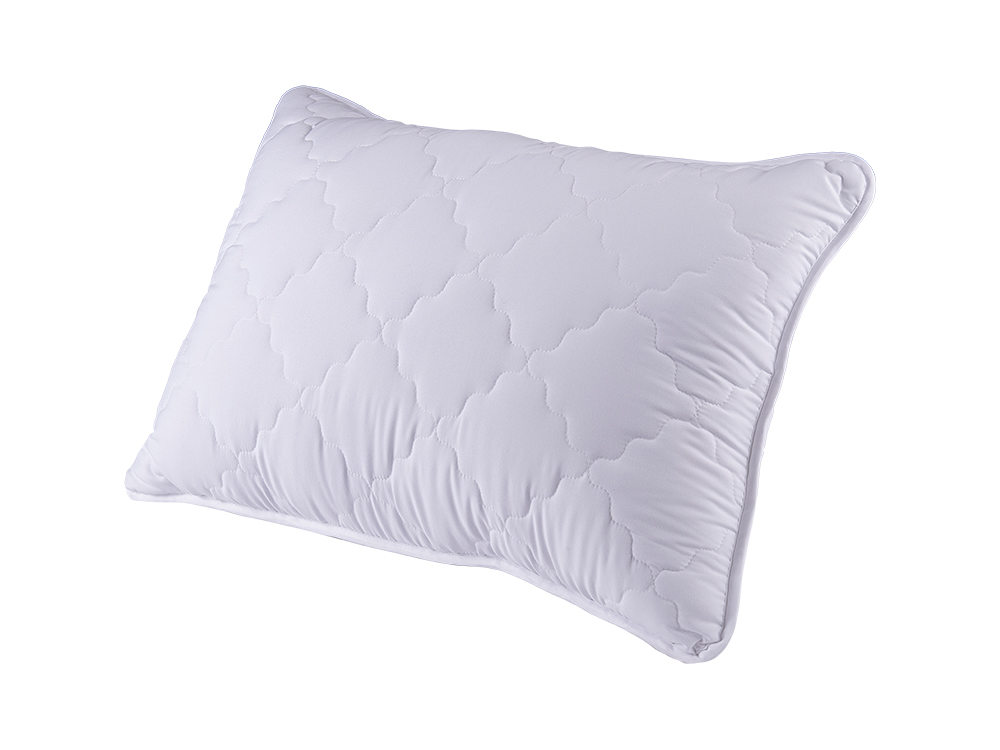
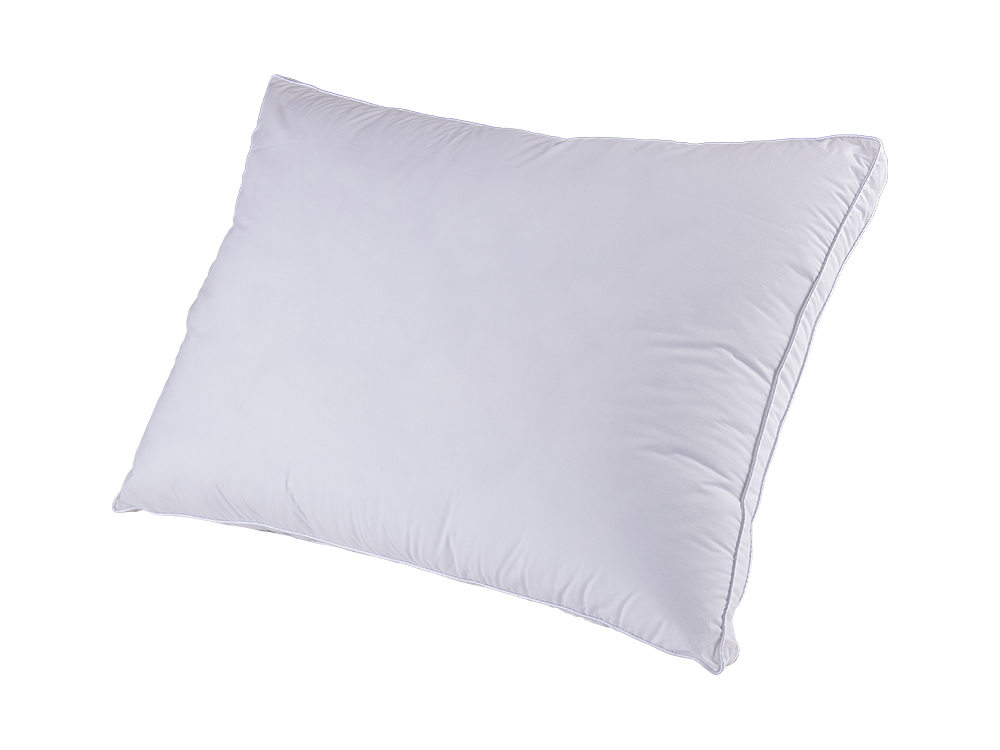
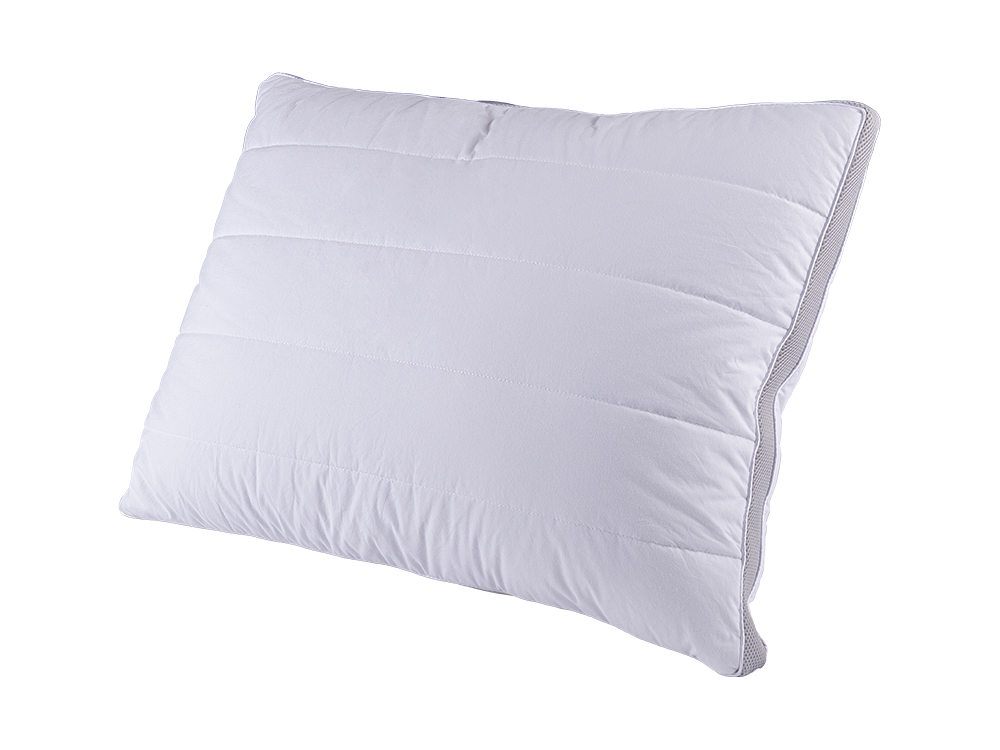
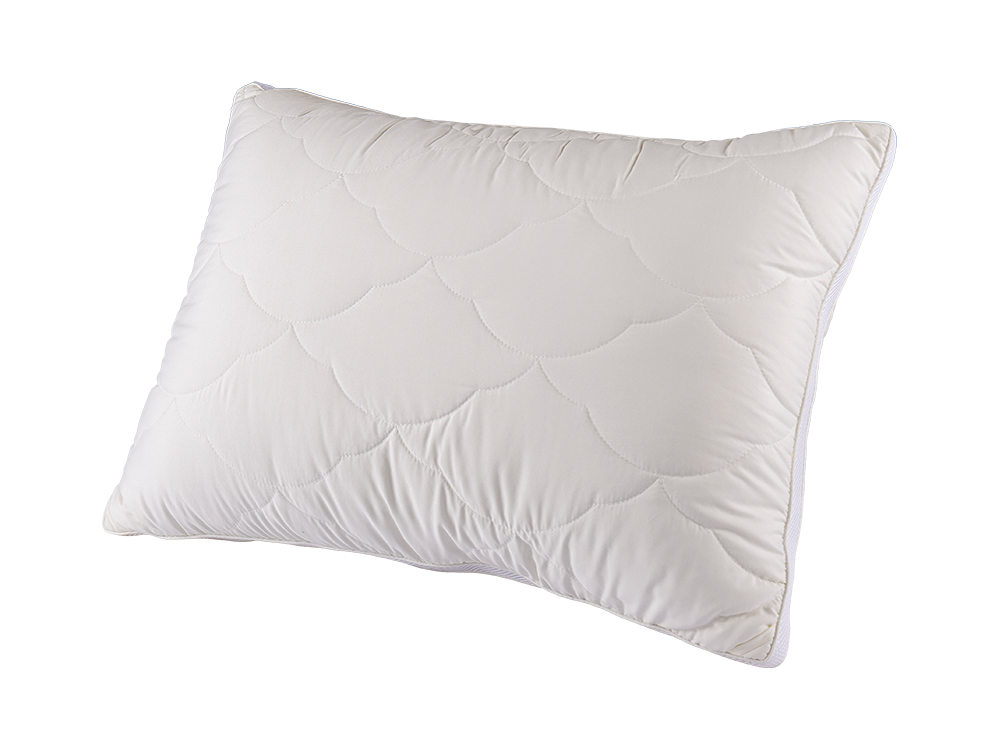
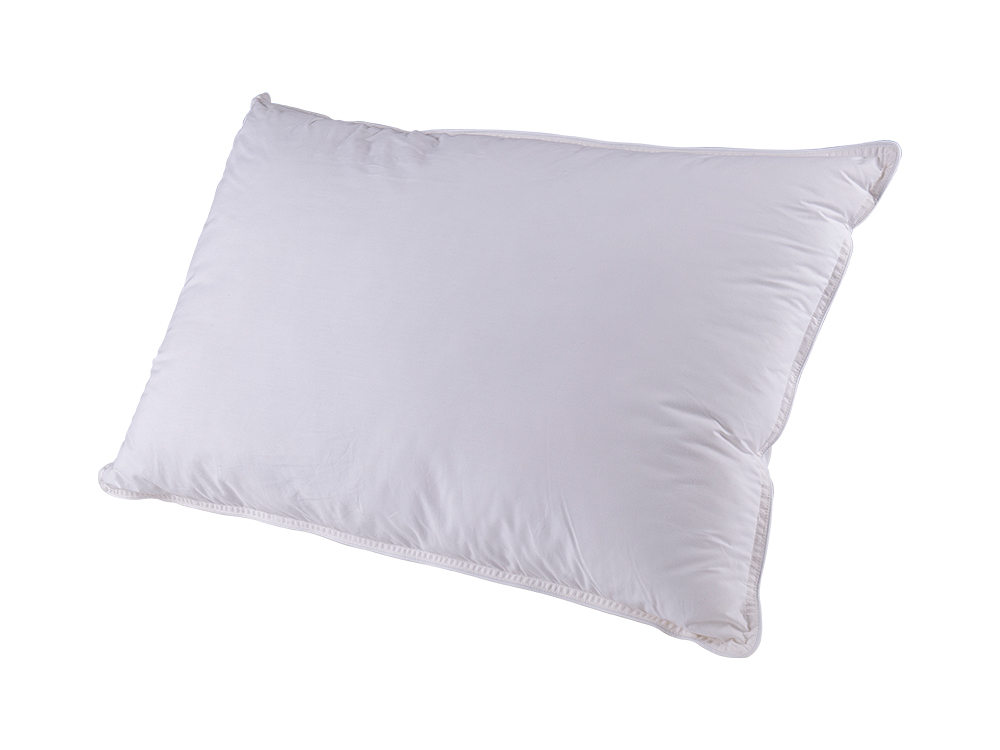
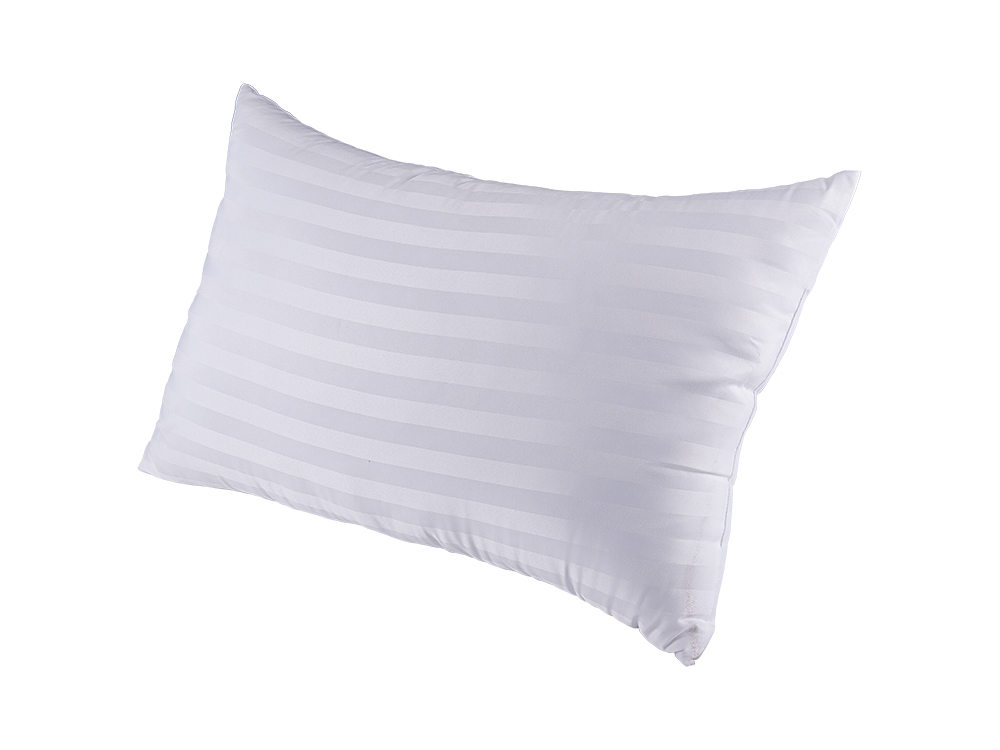
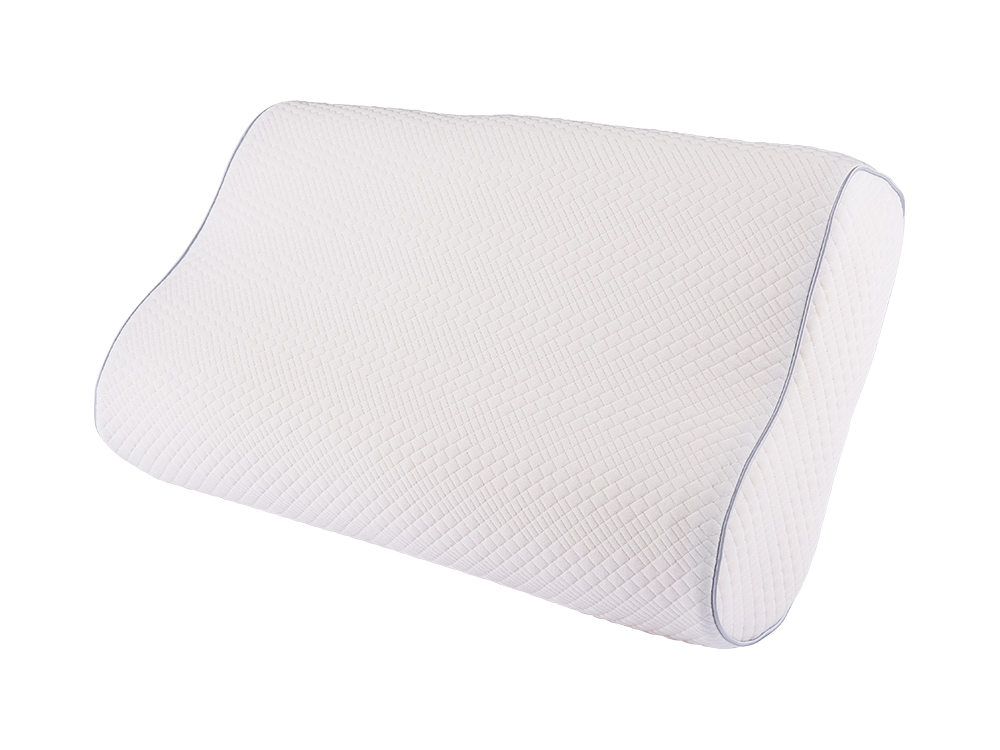
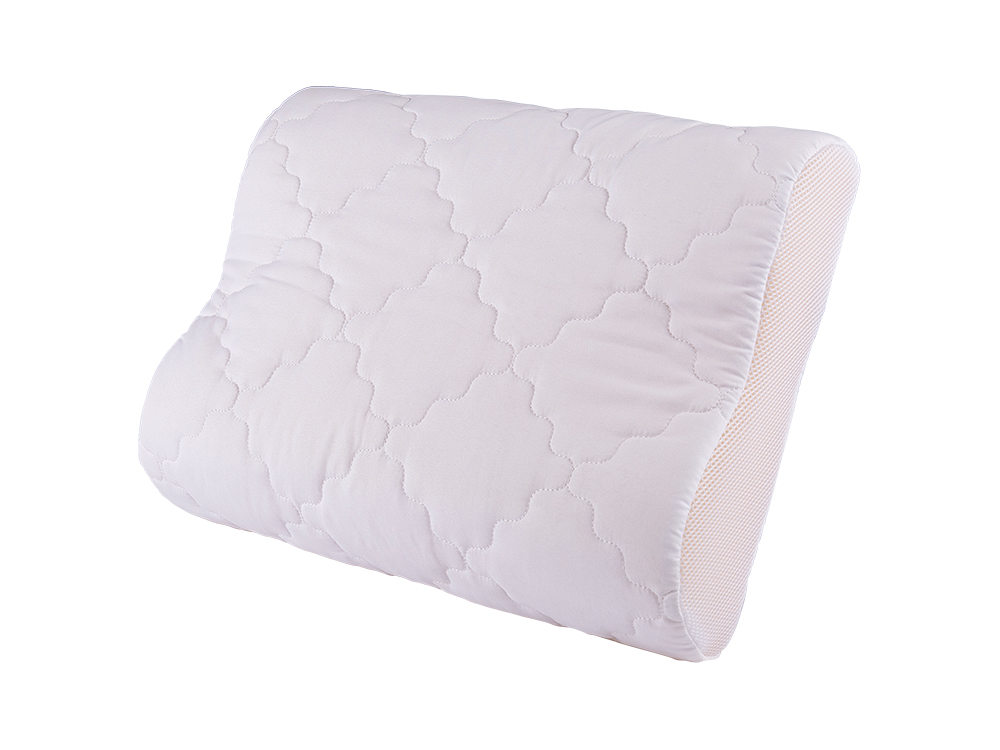

 +86-573-88798028
+86-573-88798028